Following the publication of the Commission’s study on New Genomic Techniques on 29 April, Deputy Director-General Claire Bury, discusses the study’s findings and the opportunities ahead in this area.

What are New Genomic Techniques (NGTs)?
New Genomic Techniques (NGTs) are methods that can alter the genetic material of an organism – whether it be plants, animals or microorganisms. In this study by the European Commission, the term is used to refer to technologies that have been developed over the past two decades.
NGTs constitute a diverse group: each technique can be used in various ways to change the genome -an organism’s complete set of genetic instructions- to achieve different results.
Organisms produced in this manner are very diverse and may only have few small changes that might also occur in nature or through conventional breeding, or they can have extensive modifications.
Why are NGTs so important?
NGTs can bring numerous and varied benefits in the agri-food, industrial and pharmaceutical sectors.
For example, NGTs have the ability to make plants resistant to pests and diseases, needing less chemical pesticides for fungi-resistant potato for example, or resistant to the effects of climate change. They can also improve the nutrient content of vegetables for healthier diets such as soybean oil with healthier fatty acids and reduce content of harmful substances such as toxins and allergens. These goals reflect the cornerstones of our Farm to Fork Strategy for a sustainable agri-food system.
Though no NGT product is currently marketed in the EU, we know from scientific literature that NGTs may not only have positive impact on plants but on the health of the animal sector too.
We can use them to refine and improve the production of useful substances from microorganisms, with applications in cosmetics, biofuels, food ingredients and pharmaceutical substances.
In the pharmaceutical sector, they can be employed for the development of vaccines and therapies for hereditary diseases and cancer. In short, NGTs can bring broad range of benefits to our citizens, economies and environment.
Why is the Commission publishing this study now?
In November 2019, the Council asked the Commission, to launch a study regarding the status of novel genomic techniques under Union law following a judgement of Court of Justice of the EU (CJEU) on the scope of the GMO legislation. The judgement also raised questions on how to implement EU Law for Member States’ national competent authorities and for the EU industry, in particular the plant-breeding sector, research and beyond.
Therefore, this study delved into the issue to provide clarity on NGTs, in the form of updated and comprehensive information on a broad variety of topics. These include their legal status, research and potential applications, safety, potential benefits and concerns as well as ethics and public awareness.
The study confirms the potential of NGTs and focuses on their use in plants, animals and microorganisms and their broad variety of potential uses, including the agri-food, medicinal and industrial sectors.
It should also be said that the study identifies concerns of stakeholders on for example the potential impact on the environment of NGT products, the potential threats to certain business types and consumers’ right to information.
As regards the GMO legislation, the study overall indicates that it is not fit to address some new genomic techniques and applications. With the information and evidence gathered, we are convinced that the work carried out by the Commission, in full transparency, will help policy makers decide whether any possible further action in this policy area should be taken.
What is the Commission going to do on NGTs?
Based on the outcome of the study, the Commission intends to propose a fit for purpose legal framework to enable NGTs to contribute to a sustainable and resilient agri-food system, maintaining high safety standards.
This action will concern plants produced through certain NGTs. There is a particular focus on the possible applications of NGTs in plants, as they do not pose new risks compared to conventionally bred plants according to EFSA.
The Commission will carry out an impact assessment, including a public consultation, in accordance with the Better Regulation rules, to examine potential policy options. The impact assessment will also examine the concerns expressed about NGTs during the consultation on the study, and how they can be addressed.
The study marks the beginning of an important debate. We will share the results of the study and discuss its outcome and the follow up with the Council, the European Parliament and stakeholders in dedicated meetings.
O artigo foi publicado originalmente em Comissão Europeia.



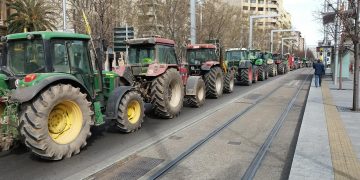


















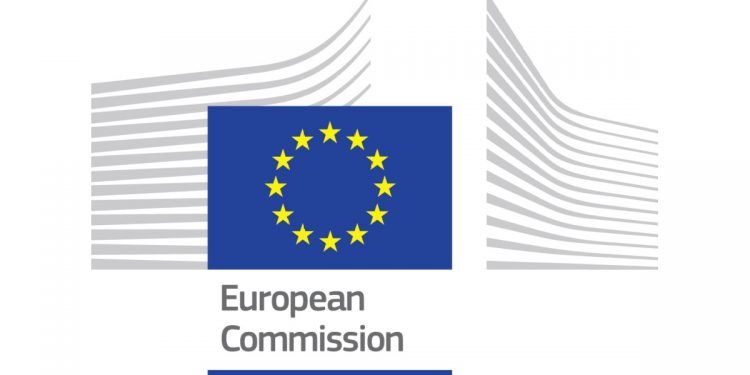
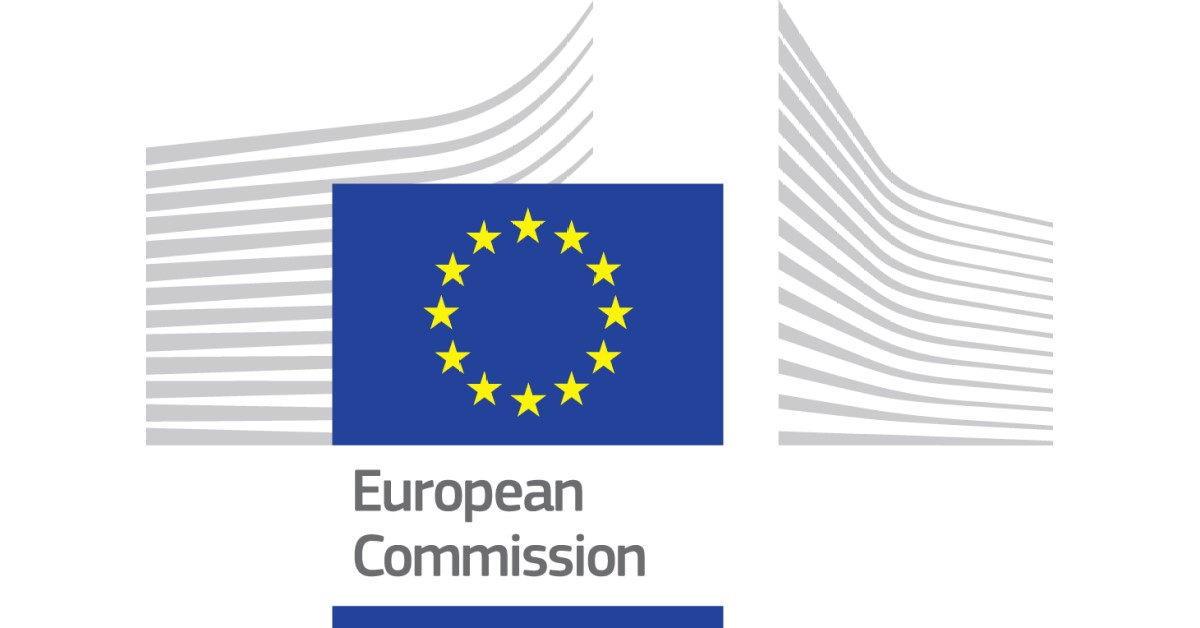

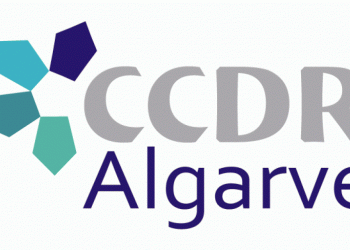
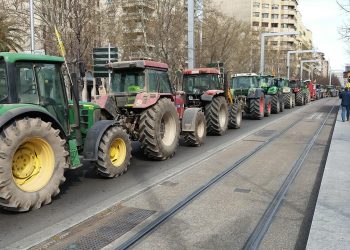





























Discussão sobre este post